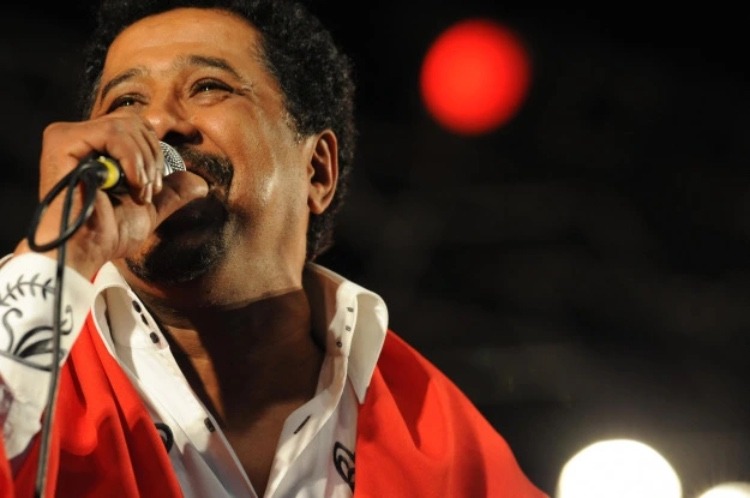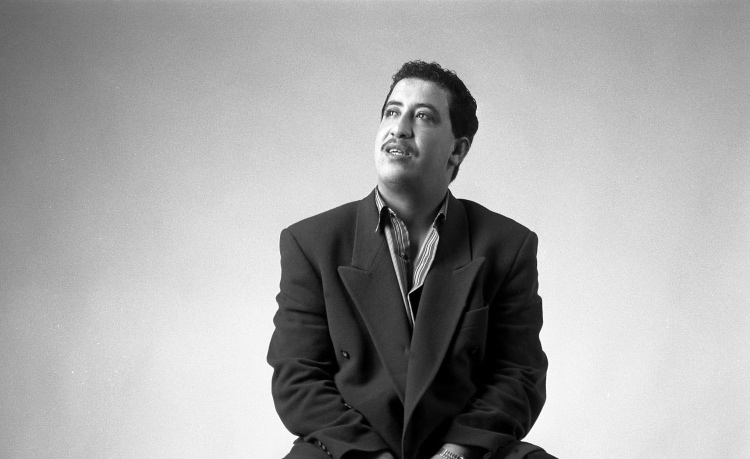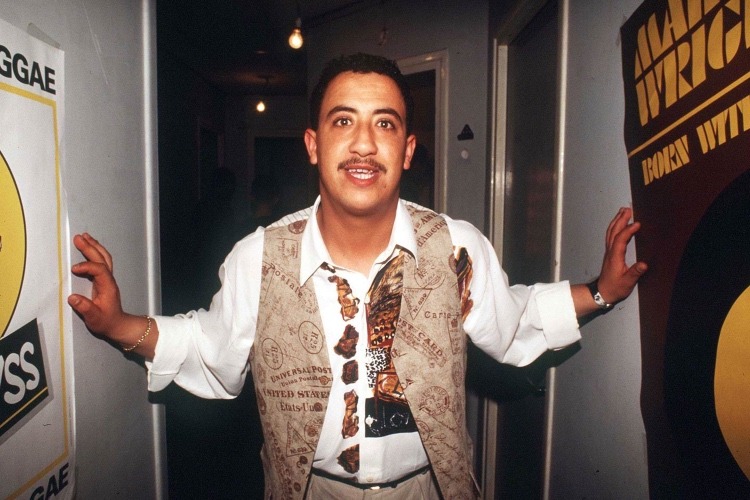Last Friday, Algeria’s raï music was inscribed on the United Nations’ list of intangible cultural heritage. This list was created by the UN with the aim of ensuring better protection of important intangible cultural heritages worldwide and raising awareness of their significance. The popular music genre known as raï originated in the port city of Oran in the 1920s and purposefully defied conventional artistic and social norms. It is a major world music genre that combines local Algerian and Western popular music styles that first appeared in the late 1980s.
Cheb Khaled and Cheb Mami are two of the most popular and successful raï artists of all time. To commemorate this accomplishment, we will shed light on other rai musicians from Algeria who left an unprecedented legacy on the music genre.
First, let’s start with the fact that their stage names all contain the word “Cheb.” The majority of raï singers prefix their surnames with the Arabic words “Cheb,” which means “young man,” or “cheba,” which means “young woman.” This is due to the fact that these names set apart the younger singers from the sheiks who were the veteran singers that gave way to the present-day raï.
Cheb Khaled
Often referred to as the king of raï, Cheb Khaled became a star of Arabic pop music while still a teen. Khaled and numerous other artists fled Algeria for France in 1992 as a result of the political and religious instability. There he recorded his biggest hit, “Didi.” Through his music, Khaled was able to incorporate a range of international influences and genres into his music. He included funk, hip-hop, salsa, and reggae, and sang in Arabic and French, giving raï a truly international sound. Interestingly, it turns out that he also is a self-taught master of the guitar, bass, harmonica, and accordion. Later on, Khaled performed ‘Didi’ at the 2010 FIFA World Cup in South Africa. This turned him into one of the bestselling Arabic singing artists in history.

Cheb Mami
Cheb Mami, regarded as one of raï’s most popular vocalists, is one of the genre’s innovators, transforming the genre into a futuristic dance/funk mix with the ability to create a fanbase in North Africa, Paris, and New York. A native of the little community of Saida in southwest Algeria, Cheb Mami has been gaining attention with his beautiful singing since he was just a teen. He came in second place at a talent competition held by Ihan Wa Chabab in 1971. He also relocated to Paris, France, following his discharge in 1975 from the army. With the release of his first internationally-distributed album, The Prince of Rai, in 1989, Cheb Mami reached the upper levels of rai music.

Cheb Bilal
Cheb Bilal is an Oran-born singer, poet, and rai music, composer. Throughout his career, he incorporated violins and congas in his songs to create new sounds. A large portion of Bilal’s youth was spent in Oran, where he attended the music conservatory. At first, Cheb Bilal sang at weddings and festivals in the Oran area. Then in 1898, his trip to Marseille, France, was a career turning point because it allowed him to share his music with a larger audience and follow in the footsteps of other raï legends.

Cheikha Rimitti
Cheikha Remitti was a prolific songwriter despite having no formal schooling and being born into a working-class family in Sidi Bel Abbès, near the village of Ain Thrid, in northwest Algeria, about an hour south of the seaside Oran. In her lifetime, she wrote over 200 songs, produced 400 cassettes, and issued 300 singles. She was still touring when she passed away from a heart attack in May 2006 in Paris at the age of 83. Remitti consistently appeared on stage wearing a vibrant, traditional Algerian dress, jewelry, henna on both of her palms, and golden slippers. In an interview with the radio program Afropop Worldwide in 2001, she asserted that “raï music has always been a music of rebellion, music that looks ahead.” This confirms how Cheikha Remitti used her music to create an influence throughout communities.

Cheb Hasni
Cheb Hasni, also referred to as “The Legend of Rai Music” and “The King of Sentimental Music,” was born in Oran, Algeria, in 1968. Hasni was an Algerian raï musician who was regarded as being a vocal supporter of youth issues. Hasni then became instantly well-known, winning the hearts of young people with his moving and dramatic lyrics. He wrote songs on the harsh realities of youth and the difficult situations they had to deal with, for instance. His songs’ topics mirrored intriguing storylines of youthful hopes, immigration, unemployment, and epic love tales.

With themes like love, liberation, despair, and the struggle against social pressures, raï music is a type of art that first emerged in Algeria during the last years of French colonial rule. These musicians helped transform and redefine Algerian society through their songs, which also became huge hits in Egypt and other Middle Eastern countries.



